
Jun 12 , 2021.
Milton Freedman, the renowned monetary economist, had a mantra. He believed, "inflation is always and everywhere a monetary phenomenon."
His liberal disciples from Chile, known as the "Chicago Boys" and under the strongman General Augusto Pinochet, had free reign to try this economic theory unchallenged. Freedman had toured Chile in the 1970s, giving public speeches that validated their policies of shrinking the size of the public sector, cutting economic controls, privatizing state-owned enterprises, and eliminating subsidies. Although they had managed to recede hyperinflation, the outcome was a Chilean society with income inequity wider than the pre-Pinochet era.
Ironically, these are the sort of issues Ethiopia is confronted with today, although the size of its economy is twice Chile`s in the 1970s. As in Chile then, Ethiopia has its version of the "Chicago Boys" the Financial Timeshas once touted as "young technocrats with international experience" signing from the hymens of economic liberalisation. In an inflationary economy, officials such as Eyob Tekalegn (PhD) and Mamo Meheretu, the new breeds in the macroeconomic team, love to talk about liberalisation, privatization, deregulation, cutting the state to its size and eliminating subsidies.
Paradoxically, they have introduced a supplementary budget amounting to 26.4 billion Br, to be sourced from the central bank`s borrowing. It is nothing but a recipe for inflation, al carte Miltonian.
The administration they serve has tabled to parliament a budget bill surpassing the half a trillion Birr mark for the first time.
It could be an understatement of the year to say this year has been tough. No less was the case on the economic front.
A pandemic bit, floods destroyed crops, and one of the largest locust invasions decimated millions of hectares of farmland. And, yes, political polarisation spilt over into a civil war.
When the accounting has come in, two million people are estimated to have fallen into poverty while those under the Productive Safety Net Programme increased by six million to 15 million, according to the World Bank. The International Monetary Fund (IMF) estimates the country will see one of its lowest growth rates, at two percent, for the first time since it contracted by 2.1pc way back in 2003.
Thus, when the Council of Ministers approved the largest federal budget the country has ever seen at 562 billion Br, the macroeconomic team was projecting bullishness. True, the budget is 17pc lower than last year in dollar terms due to the depreciation of the Birr against major currencies. It is also a very modest sum compared to the GDP ratio, at just about 10pc, half the amount a decade ago.
The federal government plans to cover about two thirds of its expenditure through domestic revenues. It plans to make up for the rest from grants and foreign and domestic borrowing, the latter of which will account for 22pc. There are not many surprises here. But the optimism could very well be misplaced.
Ahmed Shedie, minister of Finance, and State Minister Eyob would probably assume luck on their side, that the political situation in the country would improve, the relationship with bilateral and multilateral creditors would largely remain unaffected, and their "reform programmes", if not relegated yet, will deepen.
They could be right on some of these matters, starting with the direction of the global economy as it recovers from the COVID-19 induced recession. Because of the pandemic, the Ministry of Finance has had to forfit 14.5 billion Br in arrears from corporate taxes and custom duties. It may make sense for the authors of the budget bill to assume that the pressure created by COVID-19 will ease in the next fiscal year as the global economy recovers, though unevenly between regions and markets.
Ethiopia, for its part, is projected to grow by 8.7pc in 2022.
For many developed countries, the expected bullish recovery depends in large part on vaccine rollouts. For Ethiopia, this is just the start of the story. A delicate debt treatment under the G20 Common Framework would partly determine the fiscal manoeuvring room of Prime Minister Abiy Ahmed’s (PhD) administration. Unaddressed debt stress inevitably means stunted expenditure on capital goods as loans would be harder to secure, and settlements on principals and interests pull the economy down.
Perhaps the only breathing space could be provided by the 2.9 billion dollars IMF programme in cushioning the forex reserve. This too is contingent on the political and diplomatic pressure the United States and the European Commission continue to put on Prime Minister Abiy`s administration to relent to their demand for a ceasefire and a host of other issues, including the withdrawal of Eritrean forces from the Tigray Regional State.
The IMF programme is scheduled for an end next year but not before seeing more subsidies slashed and the Birr moved closer to a market-clearing rate. While a painful process for the general public, it is no less critical for the government, which needs the IMF’s endorsement in its dealings with creditors. More open up would be insisted and a smooth and timely conclusion of privatisation and liberalisation plans, which are also necessary for injecting cash into the economy and government coffers.
Unconcluded as yet are the partial privatisation of Ethio telecom and assets under the Ethiopian Sugar Corporation. The success of all of these depends in large part on policy consistency, such as whether new entrants would be allowed to do mobile operation. If the administration is adamant in seeing through these economic reforms and exercising strict budget discipline, planners at the Finance Ministry could be forgiven for their optimism.
And yet, they could be condemned for tunnel vision. Ethiopia’s economic challenges are surmountable in and of themselves. Macroeconomics is where market inadequacies and public governance met. The least it requires is passive macroeconomic policy management that is apparent now, revealing the crisis of ideas the administration falls into, if not the intellectual authority members of the macroeconomic team lack to address the country`s current economic predicaments.
The politics is another matter. Much rides on the elections eight days later and how inclusive the Ethiopian state would be towards political contenders. The path that has been walked to this point has been demoralising, and there is nothing to feel positive about the short- to medium-term prospects.
With the war in the Tigray likely to be protracted, political instability in the rest of the country unabated and a growingly belligerent neighbour in Sudan and Egypt, the defence budget would escalate. If this does not mean that deficit-financed military buildup, which contributes to inflation, it could mean diverting public money from spendings on critical sectors such as infrastructure and public investment in social services.
It does not stop there. The country is also staring down the barrel of debilitating economic sanctions by the West, which would significantly arrest any development, even with a strategic tilt to the East. Both the EU and the United States hold significant sway over critical multilateral development partners such as the World Bank and the IMF. The latter is a strong ally in negotiating programmes such as debt treatment, including improving special drawing rights necessary to increase foreign currency reserves. The World Bank engages in Ethiopia on issues ranging from digitisation and rural electrification to safety nets. Economic sanctions that affect these programmes can only mean diminished growth prospects and an eventual economic contraction that send millions more into poverty.
These are not issues the Ahmed-Eyob team at the Ministry of Finance can do much about. It should also have been a cause to suspect that the government could not cover the budget it plans to spend without turning to domestic borrowing. This can only exacerbate an already worsened situation where inflation stubbornly hovers at around 20pc year-on-year average.
Deficit financing will remain the biggest headache of the macroeconomic policy team for the years to come. It shows that even a historically low federal budget, compared to the GDP, may require more money printing. As Freedman loved to say, monetary driven inflation is the undeclared tax on the population, an outcome of the privation of ideas and conviction by those in charge of policymaking.
PUBLISHED ON
Jun 12,2021 [ VOL
22 , NO
1102]

Commentaries | Feb 25,2023

Fortune News | Feb 24,2024

Radar | Jun 15,2019
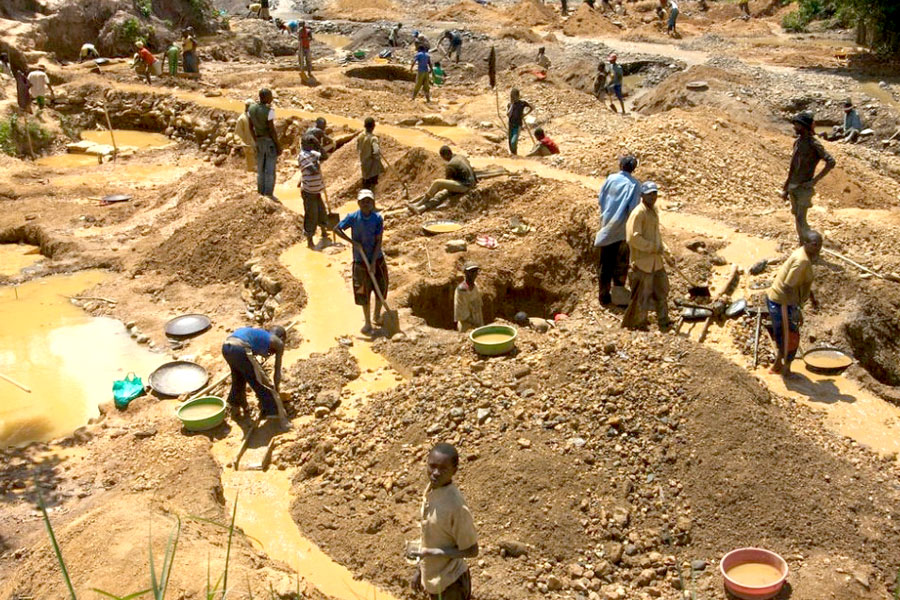
Fortune News | May 13,2023

Commentaries | Jun 08,2019
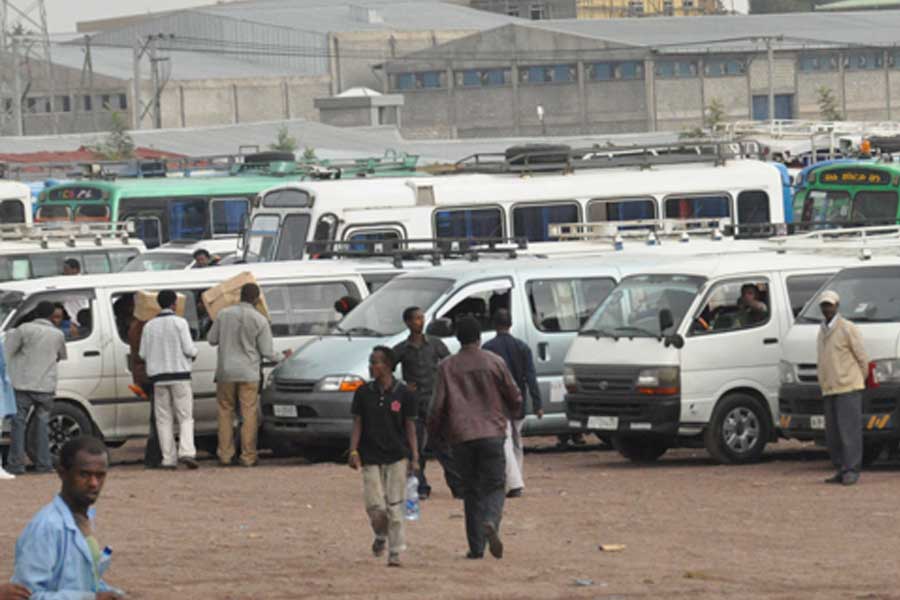
Fortune News | Jul 10,2020
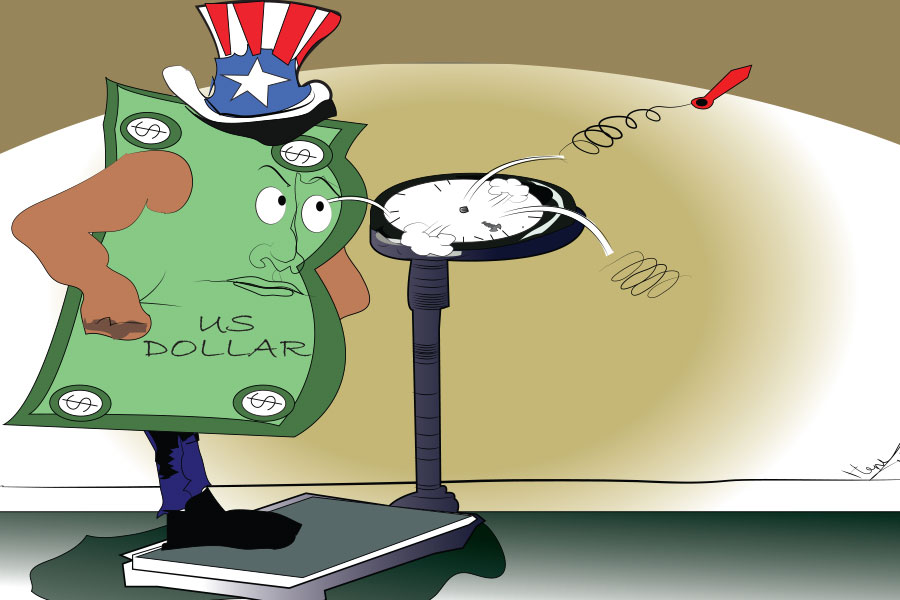
Editorial | Feb 16,2019

Fortune News | Oct 25, 2024
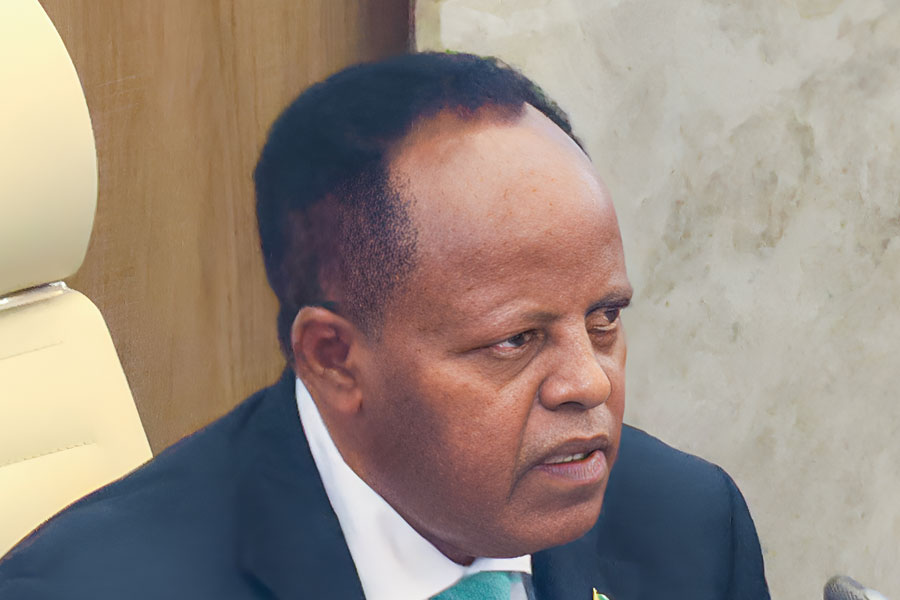
News Analysis | Oct 13,2024
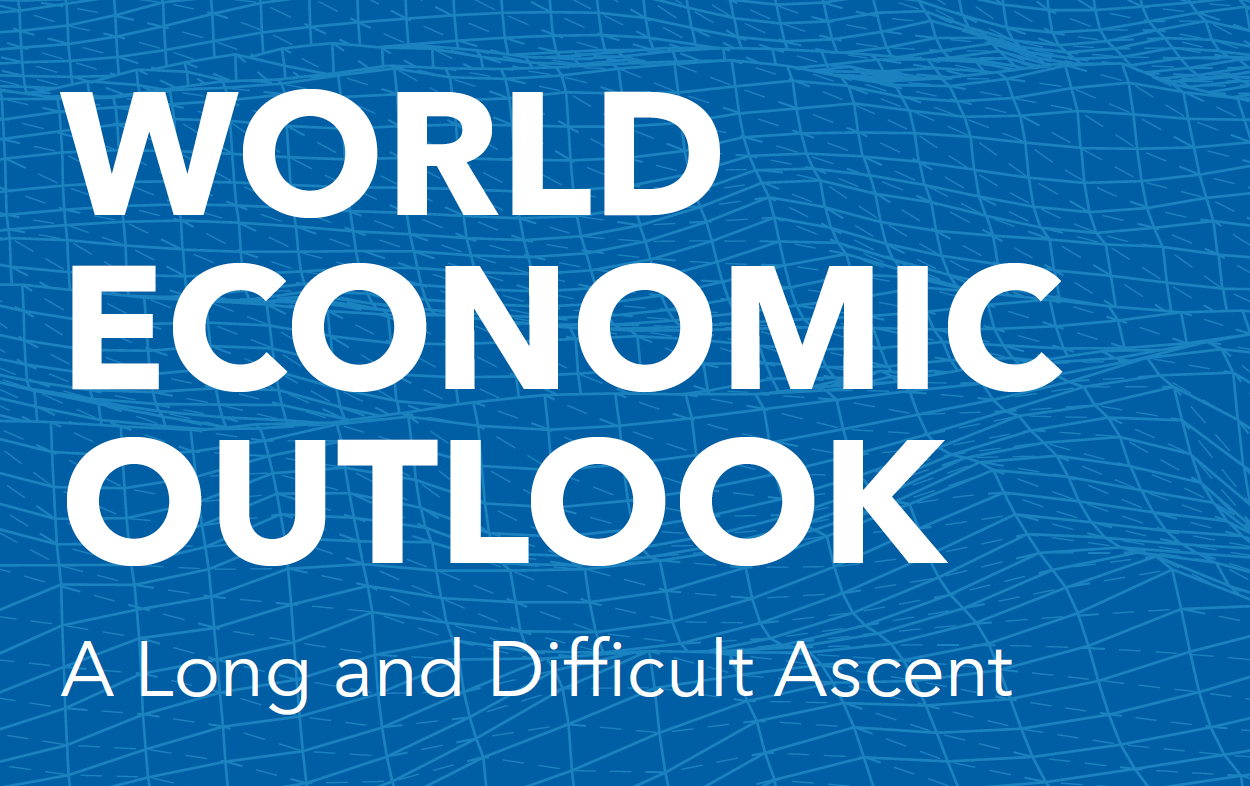
Covid-19 | Oct 13,2020

My Opinion | 131674 Views | Aug 14,2021

My Opinion | 128041 Views | Aug 21,2021

My Opinion | 126002 Views | Sep 10,2021

My Opinion | 123625 Views | Aug 07,2021

Dec 22 , 2024 . By TIZITA SHEWAFERAW
Charged with transforming colossal state-owned enterprises into modern and competitiv...

Aug 18 , 2024 . By AKSAH ITALO
Although predictable Yonas Zerihun's job in the ride-hailing service is not immune to...

Jul 28 , 2024 . By TIZITA SHEWAFERAW
Unhabitual, perhaps too many, Samuel Gebreyohannes, 38, used to occasionally enjoy a couple of beers at breakfast. However, he recently swit...

Jul 13 , 2024 . By AKSAH ITALO
Investors who rely on tractors, trucks, and field vehicles for commuting, transporting commodities, and f...

Jun 29 , 2025
Addis Abeba's first rains have coincided with a sweeping rise in private school tuition, prompting the city's education...

Jun 29 , 2025 . By BEZAWIT HULUAGER
Central Bank Governor Mamo Mihretu claimed a bold reconfiguration of monetary policy...

Jun 29 , 2025 . By BEZAWIT HULUAGER
The federal government is betting on a sweeping overhaul of the driver licensing regi...

Jun 29 , 2025 . By NAHOM AYELE
Gadaa Bank has listed 1.2 million shares on the Ethiopian Securities Exchange (ESX),...